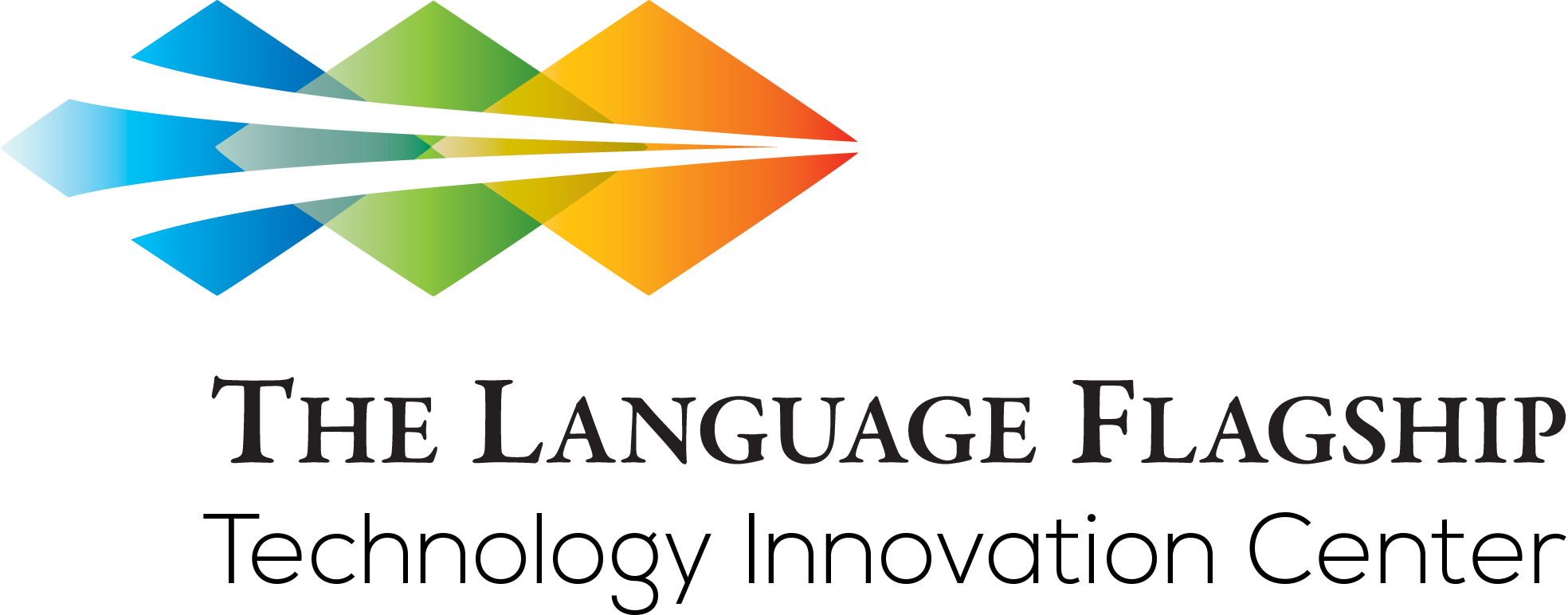
CULTURE App
Culture Initiative
URDU
Urdu Scenarios
The RFLI-CI uses the approach to learning culture developed by the Flagship Culture Initiative (FCI). By using scenarios, students are given multiple aspects to consider when judging how appropriate a behavior or attitude might be in a given context. The context of the scenario provides information on the participants, their relation to one another, times and place, and relevant information about holidays or religious observances.
The judgment task at the end of each scenario allows students to give their opinions on how the participants handled the situation and to receive expert feedback as to why a range of responses would be more or less appropriate in the context of the scenario. This feedback and the reflection activity that follows the scenario primes the student for productive discussions with their cohort on the cultural norms presented through each scenario.
Topics
Instructional Settings
The culture app materials are best supported by roundtable discussions that are moderated by program staff familiar with the host culture and the academic program that students are on. These round table discussions help guide the students through the reflection tasks that are included at the end of each scenario to better understand why scenarios unfolded the way they did and to explore the expert feedback and culture notes that were provided at the completion of the judgment task.
If used in a classroom setting, scenarios or judgment tasks can be assigned as homework. Materials can also be adapted for use in classroom activities based on student level. For example, students at the elementary level can perform the scenario in class in a role-play activity whereas intermediate and advanced level students can write a summary of the assigned scenario and their agreement or disagreement with the experts’ feedback in the target language. Students can discuss the Reflection tasks and Extension tasks in class as well.
Scenario Length and Language
All of the RFLI-CI scenarios are presented in English and contain only enough target language vocabulary as is necessary to explain cultural expressions that might be specific to the scenario. This is to allow students of varying levels of language proficiency to contribute to the conversation and benefit from the scenarios. In practice, if there is a large enough cohort of advanced students the recommendation is that they conduct the round table discussions in the target language, whereas novice or intermediate students might benefit from English discussions on the topics from the culture initiative.
Extension and Reflection Tasks
The reflection tasks are questions for the students to ponder and prepare responses to share during the roundtable discussion. The reflection task questions are the starting point for a roundtable moderator to walk students through conversations that compare and contrast between norms in their culture and that of the host country, and to explore student impressions from the expert feedback and the judgment task. These tasks provide students with the opportunity to explore their own culture in its multitude and complexity, which they can apply when interacting with people within the host culture.
Conversations in the round table help students talk through their preconceptions of the host culture and further explore how their own perceptions, their beliefs will affect their stay abroad.
Acknowledgements
Urdu Project Leads
Laura Hammond, University of Wisconsin-Madison
Ryan Doud, University of Wisconsin-Madison
Urdu Academic Oversight
Felecia Lucht, University of Wisconsin-Madison
Urdu Instructional Design Specialist
Deanna T. Clement, University of Wisconsin-Madison
Urdu Editor
Anne Naparstek, University of Wisconsin-Madison
Content Author
Umar Anjum, Lahore University of Management Sciences
Project Consultants
Dianna Murphy, University of Wisconsin-Madison
Karen Evans-Romaine, University of Wisconsin-Madison
Valerie Anishchenkova, University of Maryland
Joseph Bass, University of Maryland
Dan Davidson, American Councils for International Education
Nadra Garas, American Councils for International Education
Content Reviewers
Laura Hammond, University of Wisconsin-Madison
Felecia Lucht, University of Wisconsin-Madison
Sarah Beckham, University of Wisconsin-Madison
Anne Naparstek, University of Wisconsin-Madison
Deanna T. Clement, University of Wisconsin-Madison
Ratings Panelists
Ahtesham Khan, American Institute of Indian Studies, Lucknow
Sheba Iftikhar, American Institute of Indian Studies, Lucknow
Fahmida Bono, American Institute of Indian Studies, Lucknow
Gwendolyn Kirk, Lahore University of Management Sciences
Sidra Afzal, Urdu Govt.Post graduate College for Women, Rawalpindi
Faiza Saleem, Lahore University of Management Sciences
Data and Content Entry
Ryan Doud, University of Wisconsin-Madison
Stephen Tschudi, University of Hawaiʻi at Mānoa Language Flagship Technology Innovation Center
Images and Graphic Design
Julio C. Rodriguez, University of Hawaiʻi at Mānoa Language Flagship Technology Innovation Center
Modules
Introductions
Basic Social Norms
Introductions & Meeting Host Families
Family & Home Life (understanding and settling down)
Personal Lives
Getting to Know Neighbors
Discussing (or avoiding) Sensitive Topics
Everyday Life
Accepting or Declining Invitations
Standing in Line & Shopping
Out in Town
Personal & Social LIfe
Hanging out & Paying the Bill
Expressing Apologies and Showing Gratitude
Privacy and Boundaries
Personal Space
Celebrations & Events
Religious Holidays
Attending a Wedding
The Full Wedding Experience
Traditions and Gift Ideas
Visiting Houses & Accepting Gifts
Giving Gifts
The Flagship Culture Initiative was supported by a 3-year grant (2017-2020) to the University of Maryland from the Institute of International Education (IIE), acting as the administrative agent of the National Security Education Program (NSEP), Defense Language and National Security Education Office (DLNSEO) for The Language Flagship.
The Language Flagship is a national initiative to change the way Americans learn languages through a groundbreaking approach to language education through a network of programs at institutions of higher education across the United States. The Language Flagship graduates students who will take their place among the next generation of global professionals, commanding a superior level of proficiency in one of ten languages critical to U.S. national security and economic competitiveness.
This website has been developed and is maintained by The Language Flagship Technology Innovation Center. The content of this website and of the Culture App do not necessarily reflect the position of policy of the U.S. government. No official government endorsement should be inferred.

